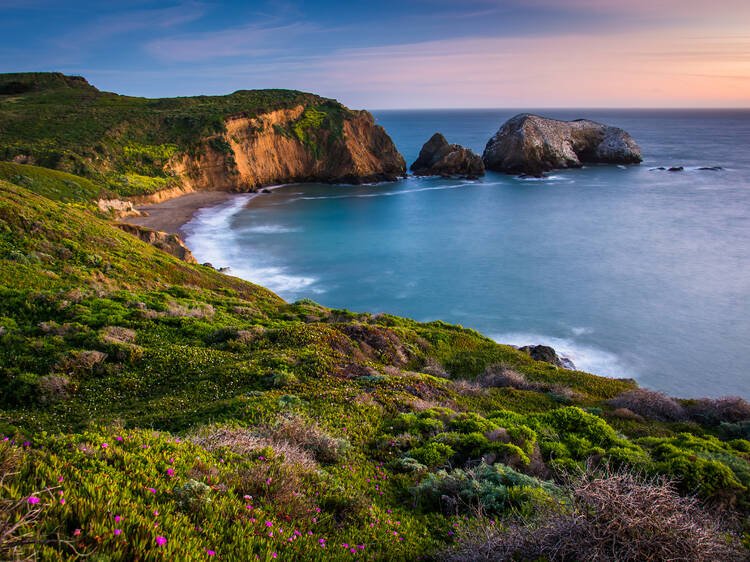So, You Want to Buy a Horse? Pt. 2: The Purchase
In part one of our series, we gave you a few questions and ideas to think about and try before jumping in and taking on the commitment of purchasing a horse for yourself. Still ready? If you think your riding ability is adequate and an experienced horse personnel agrees, consider the following points to make the choosing/purchasing process go as smooth as possible:
Cost/Horse Specifics
The initial purchase price of a horse varies significantly. Breed, age, gender, amount of training, and size are some of the variables, and what you want to do with that horse is a huge factor as well (competing/just riding/etc.). A registered horse with papers will cost more than an unregistered or a grade horse as well. Geldings are generally more stable, provide a steadier, more reliable, day-to-day performance, and cause fewer challenges than a mare when used strictly for riding and showing. Some mares, because of their estrous cycle, can have more personality quirks. The amount of training a horse has received will influence it’s purchase price, too (an inexperienced horse should never be purchased for an inexperienced rider).
Do some research about what you’re looking for, and make a budget based off of what you find. Make sure you’re being specific enough about the horse you want to invest in and make part of your family.
Stabling & Environment
Another variable to square away before a purchase is the stabling of the horse- one of the horse owner’s most expensive and important considerations. Keeping a horse at home is least expensive, but keep in mind that someone must take care of the horse at all times. Horses need adequate shelter and an exercise area. In urbanized states, zoning laws and public health ordinances are often strict, and should be researched before the buying process begins. It is extremely important to provide adequate space for your horse to receive outdoor exercise, such as a paddock.
While boarding a horse away from home may cost more per month, there are advantages like how someone is always available (at a reputable stable) to keep an eye on the horses. It also allows you to take vacations without the need to find a trustworthy horse-sitter. Adding onto that, you do not have to worry about building and fence maintenance or insurance on the farm property, and the boarding farm must meet zoning and health regulations or it wouldn’t be in business. Having these factors taken care of and set up before your purchase is an important indicator of how smoothly it will go.
Where to Buy
Certain times of the year are better than others for buying horses. Selection is best in the fall and spring, but horses tend to be cheaper in the fall because sellers try not to “winter” horses because of feed costs. Prices are least expensive in the winter, but the selection is limited. If you are inexperienced in purchasing horses, ask a professional horse person or a veterinarian to assist you.
Your best chance of finding a beginner’s horse is from a private individual/ranch/farm. These animals are usually advertised by word of mouth, on bulletin boards in tack shops, in local newspapers, but most often on Internet websites. Reputable breeders and trainers are other good sources for obtaining a horse, because most build their reputation by word of mouth and repeat customers. They usually keep their animals in good condition, deal in purebred stock, and have excellent knowledge of the horse’s history.
If all goes well, you should come up with a few good prospects for your needs/wants in a horse. Evaluating those prospects and deciding which one is the best suited for you is just as important as finding them. In Part 3 of our series, we will take a deeper dive into the evaluation process, and what you should look for when deciding which horse is the right one to call your own
